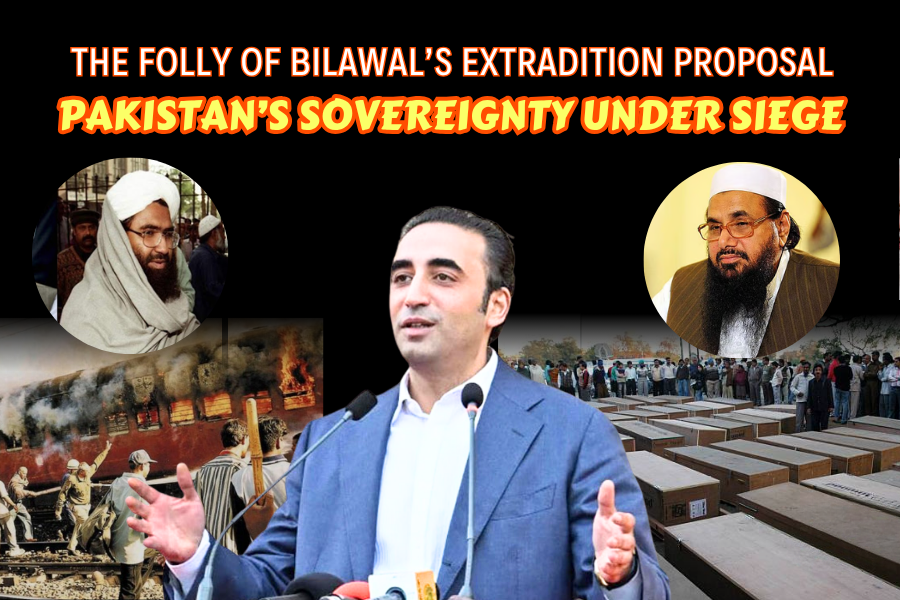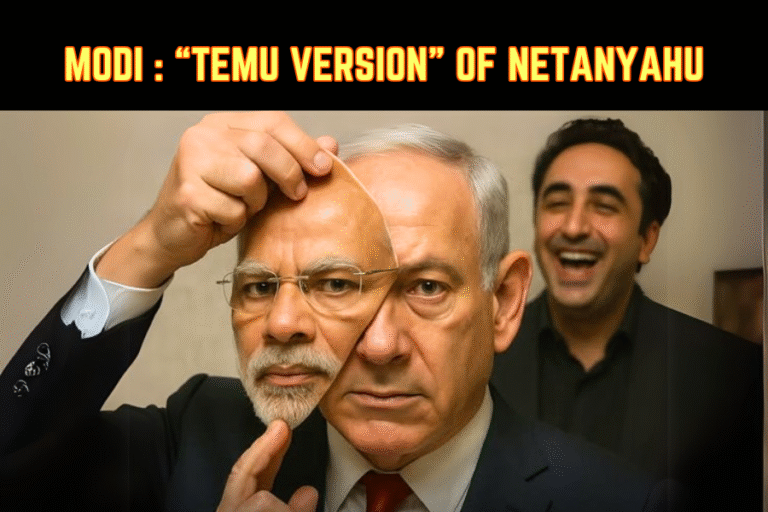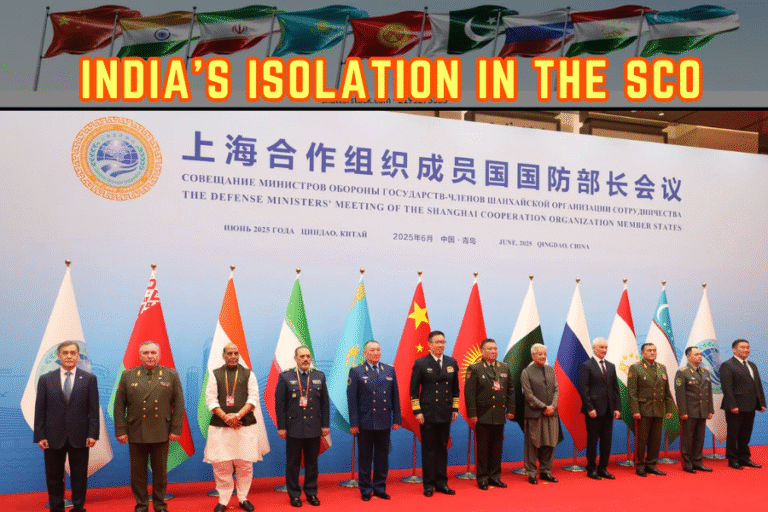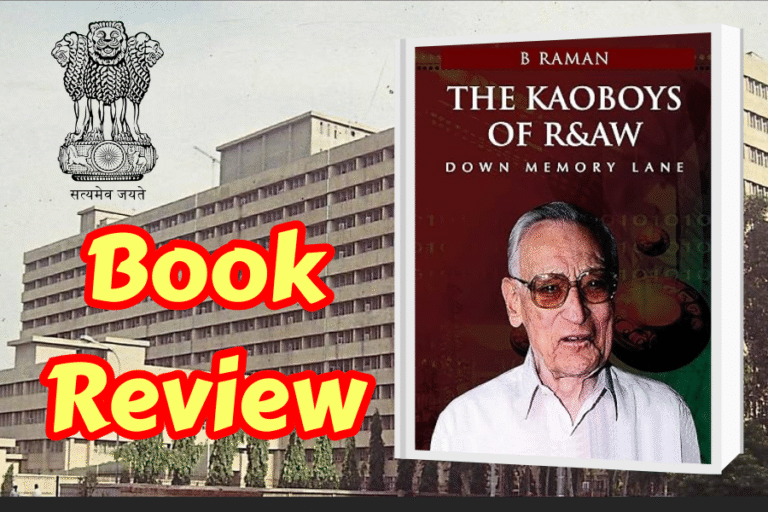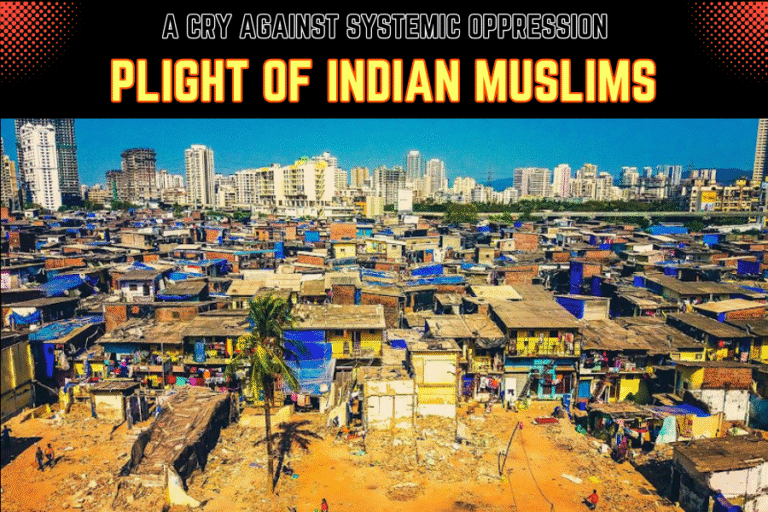(Tahir Masood)
On 4 July 2025, former Pakistani Foreign Minister Bilawal Bhutto Zardari, in an interview with Al Jazeera, ignited a firestorm by suggesting that Pakistan might consider extraditing individuals like Hafiz Saeed and Masood Azhar to India as a “goodwill gesture” to foster “comprehensive dialogue.” This reckless proposition, cloaked in diplomatic rhetoric, is not merely a misstep—it is a betrayal of Pakistan’s sovereignty, legal principles, and national dignity. As a Pakistani, the very notion of surrendering our citizens to appease a hostile neighbour, whose track record reeks of duplicity, evokes outrage and demands fierce opposition. Pakistan is not a “press conference republic” that trades its people for fleeting headlines or hollow promises. This article dissects Bilawal’s proposal, exposes its dangerous implications, and reaffirms why Pakistan must stand resolute in protecting its citizens and sovereignty, drawing on recent events, diplomatic realities, and historical context.
I. The Proposal: A Dangerous Concession
Bilawal Bhutto Zardari, chairman of the Pakistan People’s Party (PPP), claimed that Pakistan would not oppose extraditing “individuals of concern” like Hafiz Saeed, the Lashkar-e-Taiba (LeT) chief serving a 33-year sentence for terror financing, and Masood Azhar, the Jaish-e-Mohammad (JeM) founder, believed to be in Afghanistan, if India cooperates in a legal process. He conditioned this on New Delhi providing evidence and witnesses for Pakistani courts, framing it as a step toward dialogue on terrorism. This statement, delivered with cavalier nonchalance, provoked immediate backlash. Hafiz Saeed’s son, Talha Saeed, condemned it as a “disgrace” to Pakistan, while the Pakistan Tehreek-e-Insaf (PTI) branded Bilawal an “immature political child” whose words undermine national security.
The proposal is not a gesture of goodwill—it is a surrender of Pakistan’s judicial autonomy. Hafiz Saeed, convicted under Pakistan’s Anti-Terrorism Act for domestic offences, is already in custody, serving a sentence aligned with Financial Action Task Force (FATF) requirements. Masood Azhar, a UN-designated terrorist, remains elusive, with Bilawal claiming he is likely in Afghanistan—a claim that shifts responsibility while exposing Pakistan’s intelligence gaps. To offer their extradition, even conditionally, signals weakness, inviting India to dictate Pakistan’s legal and security policies. This is not diplomacy; it is capitulation to a nation that has consistently weaponised terrorism accusations against Pakistan.
II. India’s Duplicitous Track Record
India’s history of bad faith renders Bilawal’s proposal not just naive but perilous. The 2007 Samjhauta Express bombing, which killed 68 Pakistanis, stands as a glaring indictment of India’s judicial hypocrisy. Despite evidence implicating Hindutva extremists, including Lieutenant Colonel Shrikant Purohit, India’s investigation was deliberately obstructed, and all accused were acquitted in 2019. Purohit, far from facing justice, continues to serve in the Indian Army, a fact reported by The Hindu and The Wire. This travesty exposes India’s unwillingness to pursue justice when it implicates its own. Yet, India demands Pakistan extradite its citizens, accusing them of terrorism without credible evidence, as seen in the aftermath of the 22 April 2025 Pahalgam attack, where India blamed Pakistan without proof, only to be rebuffed by the G7 and SCO.
India’s claim of submitting “1,000 dossiers” on the 2008 Mumbai attacks, reiterated by The Times of India, is another example of its performative outrage. Pakistan’s courts, adhering to due process, require admissible evidence and witnesses—demands India has consistently failed to meet, stalling prosecutions. Bilawal’s assertion that India’s “noncompliance” hinders convictions is valid, but his solution—offering extradition—betrays Pakistan’s legal sovereignty. India’s refusal to engage through mutual legal assistance, coupled with its history of media-driven trials, as seen in the 2019 Pulwama and 2025 Pahalgam narratives, proves it seeks not justice but political leverage. To entertain extradition under such circumstances is to reward India’s duplicity.

III. The Absence of Legal and Diplomatic Reciprocity
Pakistan and India lack a Mutual Legal Assistance Treaty (MLAT) or extradition agreement, a fact that renders Bilawal’s proposal legally untenable. Extradition requires reciprocal trust and judicial cooperation, neither of which exists. India’s unilateral actions, such as suspending the Indus Waters Treaty a post-Pahalgam, demonstrate its disregard for bilateral frameworks. Pakistan, in contrast, has pursued domestic accountability, banning LeT and JeM under the National Counter Terrorism Authority (NACTA) and convicting Saeed for terror financing. These actions, aligned with FATF mandates, earned Pakistan’s removal from the grey list in 2024, bolstering its global standing.
Bilawal’s claim that India must provide evidence ignores the reality: India has no interest in cooperating. Its Doval Doctrine, articulated in 2014 by NSA Ajit Doval, explicitly targets Pakistan’s vulnerabilities, as evidenced by the 2016 arrest of Kulbhushan Jadhav, an Indian operative confessing to sabotage in Balochistan. (previous conversation) Offering to extradite Pakistani citizens without reciprocal commitments risks legitimising India’s narrative of Pakistan as a “terror hub,” a charge debunked by international neutrality post-Pahalgam. Sovereign states do not surrender their citizens to hostile powers without ironclad legal frameworks—this is a principle Pakistan must uphold.
IV. The Domestic and Regional Fallout
Bilawal’s remarks have unleashed a torrent of domestic outrage, reflecting their disconnect from Pakistan’s ethos. PTI spokesperson Sheikh Waqas Akram accused him of betraying the PPP’s founding legacy on Kashmir, arguing that such statements humiliate Pakistan globally. Talha Saeed’s condemnation, reported by India Today, framed the proposal as a violation of national sovereignty, questioning how a state representative could advocate handing citizens to an “enemy country.” Social media sentiment echoed this asserting that India’s failure to provide evidence undermines its demands, while some referenced ISI’s stance against extraditing Saeed.
Regionally, the proposal risks alienating allies. Pakistan’s strategic partnerships with China, via the $62 billion China-Pakistan Economic Corridor (CPEC), and Turkey, through defence cooperation, rely on its image as a resolute state. Bilawal’s overture contradicts Pakistan’s unified stance post-Pahalgam, where it successfully rallied SCO and BRICS support for a neutral investigation. Offering extradition without reciprocity could embolden India to escalate its Doval Doctrine-driven aggression, including alleged support for the Baloch Liberation Army (BLA), as exposed by Jadhav’s confession.
V. The Moral and Emotional Imperative
As Pakistanis, we carry the scars of a nation targeted by India’s disinformation and aggression. The 1971 war, the 2007 Samjhauta bombing, and the 2019 Pulwama & 2025 Pahalgam accusations remind us of India’s relentless campaign to vilify us. To suggest handing over our citizens—however controversial—to a nation that acquitted Purohit and manipulates global narratives is an affront to our martyrs of 1971 War, from the 68 Samjhauta victims to the soldiers who repelled Operation Sindoor. Pakistan’s military, equipped with J-10C & JF-17 jets and PL-15E missiles, proved its mettle in May 2025, downing four Rafale jets, as verified by The Washington Post. Yet, Bilawal’s proposal risks squandering this hard-earned strength for a mirage of “goodwill.”
Our courts, not India’s media, deliver justice. Hafiz Saeed’s 33-year sentence reflects Pakistan’s commitment to combating terrorism domestically, not under foreign pressure. Masood Azhar’s whereabouts remain uncertain, but offering his extradition without evidence of his presence in Pakistan is to play into India’s hands. Our sovereignty is not a bargaining chip; it is the bedrock of our identity. To surrender it at a press conference is to betray the blood of those who defend our borders and the aspirations of a nation striving for dignity in a hostile region.
VI. The Path Forward: Resolute Sovereignty
Pakistan must reject Bilawal’s proposal outright. Instead, it should:
- Strengthen Judicial Independence: Continue prosecuting terrorism cases domestically, as with Hafiz Saeed, ensuring compliance with FATF and UN standards without external coercion.
- Demand Reciprocity: Insist on an MLAT with India, requiring mutual evidence-sharing and judicial cooperation, as suggested by The Diplomat post-Pahalgam.
- Leverage Alliances: Deepen ties with China, Turkey, and Russia, reinforcing CPEC and SCO solidarity to counter India’s narrative.
- Expose India’s Hypocrisy: Highlight India’s failure to prosecute Samjhauta culprits and its unproven Pahalgam accusations, as Pakistan did at the UN.
VII. Conclusion: Pakistan Stands Firm
Bilawal Bhutto Zardari’s suggestion to extradite Hafiz Saeed and Masood Azhar is a dangerous capitulation that undermines Pakistan’s sovereignty, legal integrity, and national pride. India’s history of judicial sabotage, from Samjhauta to Pahalgam, proves it is no partner for goodwill. Pakistan is not a nation that surrenders its citizens at the whim of a hostile neighbour. Our courts deliver justice; our military defends our honour; our people demand dignity. In 2025, as South Asia teeters on the edge of tension, Pakistan must stand resolute, rejecting shallow gestures and affirming its unyielding commitment to sovereignty. Let Bilawal’s words serve as a warning: appeasement invites aggression, but Pakistan’s strength lies in its defiance.

